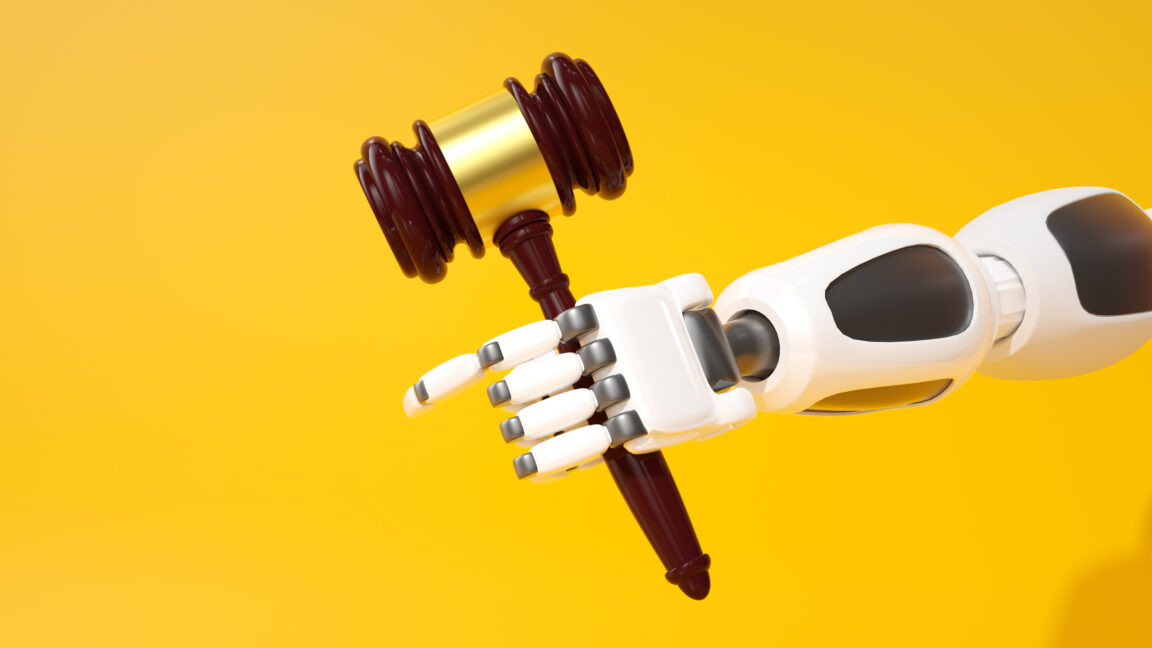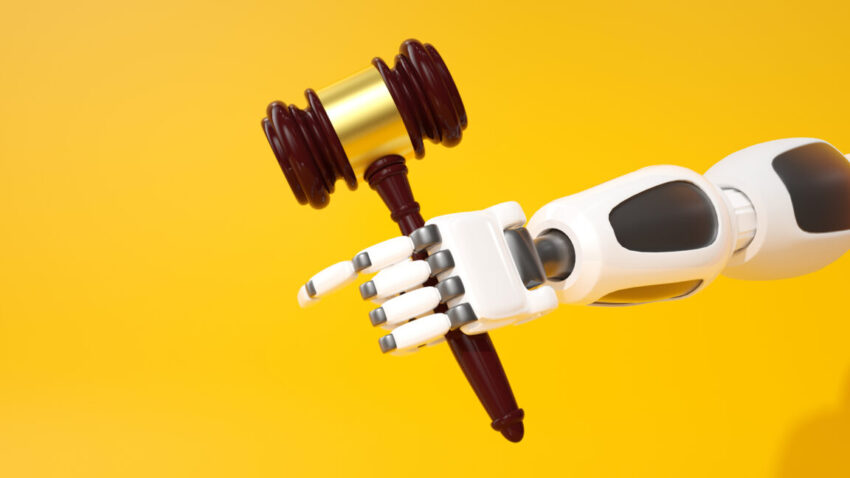
Determined to investigate this key question, Chibraia called on the authors’ lawyer, David Boys, pointing to specific evidence of market losses that appear significantly missing from the record.
“It seems that you are telling me to speculate that Sarah Silverman’s memory market will be affected by billions of things that will eventually be able to produce Lama,” said Chibaria, “you are telling me to speculate.” “And it’s not clear to me that it is.”
But if the authors can prove to be the cause of market losses, the MATA can struggle to win on Chhibaria, and this may give an example of copyright affects that challenges AI training on other types of content.
Judge repeatedly shows sympathy with the authors, suggesting that Meta’s AI training may be a “extremely unusual issue” where “copy is more likely to cause a flood of markets for copyright works.”
According to Reuters, and when Shanmagam argued that the copyright law does not protect the authors from “protection in the market of ideology”, Chbiaya resisted the frameing that the authors were not being robbed.
“But if I’m going to steal things from the market of ideas to prepare my thoughts, this is a violation of the right publication, okay?” Chbiaya replied.
Wired noted that he asked Meta’s lawyers, “What will happen to Taylor Swift next?” If AI made it easier to knock the voice of a young singer, how could she ever compete if she had created “one billion pop songs” in her style?
In a statement, a Meta spokesperson reiterated the company’s defense that AI’s training was a fair use.
“Meta has developed an open source AI model of change that is strengthening incredible innovation, productivity and creativity for individuals and companies,” said a spokeswoman for MATA. “The fair use of copyright content is very important for this. We do not agree with the plaintiffs’ claims, and the full record tells a different story. We will continue to defend ourselves vigorously and protect the development of livelihoods for the benefit of all.”
